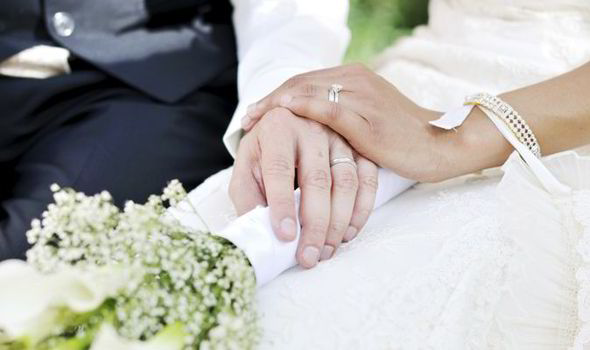
College students have always been pinned as some of the most progressive in society. Universities attract bright people, who, for the most part, are ambitious and motivated to work. They are places that foster political activism and encourage liberal stances on social issues. Just over a month ago, an overwhelming majority of DCU students voted in favour of the SU taking a pro-choice position on abortion.
It may come as a surprise then, that highly educated people are re-adopting traditional values. Today, a person with a university degree is more likely to be married than one without. According to the Pew Research Centre, 65 per cent of people aged 25 or over with university degrees are married, compared to 53 per cent who completed secondary education. These figures are the polar opposite of what was seen in the 1990s.
Additionally, it found that degree holders were almost twice as likely to have a marriage lasting twenty years or more than those who did not attend college. The probability of this was calculated based on marital history data in the US. While the study could not definitively pinpoint a reason for this, it did point out that couples who attended college generally married later and were more financially stable.
Increasing marriage rates go hand in hand with a second surprising trend affecting graduates; more children. In 1994, 35 per cent of women with a masters or Ph.D. were childless, compared to 20 per cent today. Six in ten have two or more children, up from 51% in ‘94. The number with three children or more rose by a whole six percentage points. In a nutshell, college grads are having more kids than ever before.
Though the figures are clear, it is impossible to pinpoint what is steering educated women, almost counter-intuitively, back to traditional social norms. Perhaps women feel that there are greater services at their disposal to facilitate both parenthood and career progression. This could well be the case in the US or other European countries, but may not stick here given our famously high childcare costs. It has often been argued that this pricey service inhibits women, not helps them.
It could also be argued that, despite college students’ generally liberal views, we are influenced by conservative, traditionalist backgrounds. Most people attending University in Ireland come from some sort of advantage and generally conventional childhoods. Given Ireland’s deep Catholic roots, it is likely that most of our parents are, or were at some point, married, and may have greater influence over our actions than we consciously realise.
Reasons aside, if this trend continues, the average college student could be looking at the prospect of marriage and 2.98 kids in the not so distant future.
Rebecca Lumley




Leave a Reply